Hot Off the Press: Huff and Stitch
Reading plays is not only for actors who need monologues for auditions or for producers in search of their next show. It’s for theatre lovers who can’t get out to the theatre, or who’ve heard about a play that’s not being presented in their city, or who want to return to a story they loved watching unfold on stage. It’s for anyone who feels like they don’t have the time to read novels, or who skim over the long descriptions in novels to get to the dialogue. Reading plays is for anyone who likes to read.
“I heard this thing about professional athletes,” Cliff Cardinal says. “When most people go running, they run until it hurts. A professional athlete gets up to that level that it hurts, and then they sustain that for as long as possible.”
The work of an athlete may not be the most obvious parallel to the work of a playwright, but in Cardinal’s case, the comparison works. His writing goes to places far darker and more harrowing than people might expect; he finds a wound and keeps picking it open. The two plays published together by Playwrights Canada Press, Huff and Stitch, carry a sense of urgency and of physical extremity for the audience and the performer. Both are solo shows where one single actor takes on every role. “I was really interested in a minimalist style of fiction: telling the story through the experience of the body,” he says.
In Stitch, which started at a workshop hosted by Cahoots Theatre in 2009, one actress plays the porn star protagonist, as well as her vindictive mother, her sweet young daughter, her sleazy agent, and her personified yeast infection, among others. In Huff, for which Cardinal won Outstanding New Play and Outstanding Male Performance in the Independent category at last year’s Dora Awards, he took on over a dozen characters in a story that takes place on a reserve where solvent abuse is rampant and suicide rates are high. The first scene involves a character choking himself with a plastic bag that’s duct-taped over his head; most of the play’s reviews expressed concern for the actor’s real-life safety.
That kind of reaction means his performance is working, Cardinal says. He wants the audience to connect, in a visceral way, to the horror of Huff’s subject matter. “We have a responsibility as artists and audience members to go through this experience as empathetically as we can,” he says. In both plays, but especially in Huff, the performer confronts the viewers directly, explicitly asking for their help in removing the plastic bag that’s choking him. In putting the show together, “we said that phrase a lot, audience implication,” he says. “You know what, we are implicated. We are part of the history that has left people out. If you’re offended, that’s good, because I’m offended. This stuff in this play—the stuff in all my work—it turns my stomach. That’s why it’s compelling to me.”
His work is far heavier than what’s on a lot of other stages, but it isn’t unrelentingly grim. There’s a playfulness in his use of language, in the monologues attributed to a pet dog or a Sega video game console. And Huff and Stitch do offer glimmers of hope, however faint.
The choice to write solo shows with multiple characters came in part because he heard his characters’ thoughts through first-person narration, he says. That style is challenging to the actor who takes on the many roles, but also challenging to the playwright who must hand over complete control of his story to only one other person. Cardinal admits to being “heavy-handed” with stage directions early in the process, but he eventually let go of that control, which was “fucking scary,” he says. “But that’s kind of what makes it fun. It’s a rush.”
Letting the story live with one single actor can also be a way to strengthen the connection the play has with its viewers. “The power of one person relating their experience through the experience of the body has a very potent effect for an audience in the theatre,” Cardinal says. “We feel the sweat on their palms when they’re telling that kind of story.”
About the play
In Huff, brothers Wind, Huff, and Charles are trying to cope with their father’s abusive whims and their mother’s recent suicide. In a brutal reality of death and addiction, they huff gas and pull destructive pranks. Preyed upon by Trickster and his own fragile psyche, Wind looks for a way out, one that might lead him into his mother’s shadow.
In Stitch, Kylie Grandview is a single mom struggling to make a living as a porn star while dreaming of being on the big screen. She’s painfully aware that she is among the many nameless faces on the Internet, the ones that blip across cyberspace, as her yeast infection, Itchia, reminds her at every turn. But when Kylie is offered the chance at a big break, a series of twisted events lead her down a destructive path, revealing a face no one will forget.
About the playwright
Cliff Cardinal is a multiple-award-winning Indigenous playwright and actor. Before graduating from the playwriting program at the National Theatre School of Canada, Cliff wrote three solo plays, including Huff and Stitch, both of which garnered him awards. In addition to his work in theatre, he also has a music project called Cliff Cardinal and The Skylarks, who recently released their debut album This Is Not A Mistake. Cliff lives in Toronto.

Huff is currently on at Soulpepper as part of their Guswenta Gathering, closing October 28. For tickets or more information, click here.
Click here for more information or to purchase Huff and Stitch

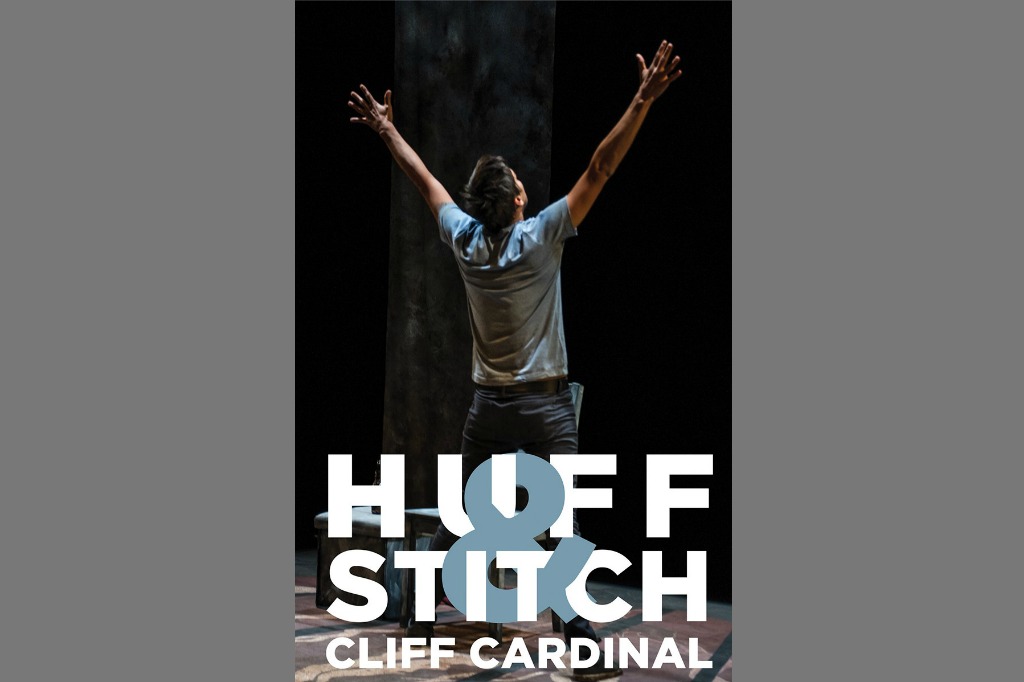

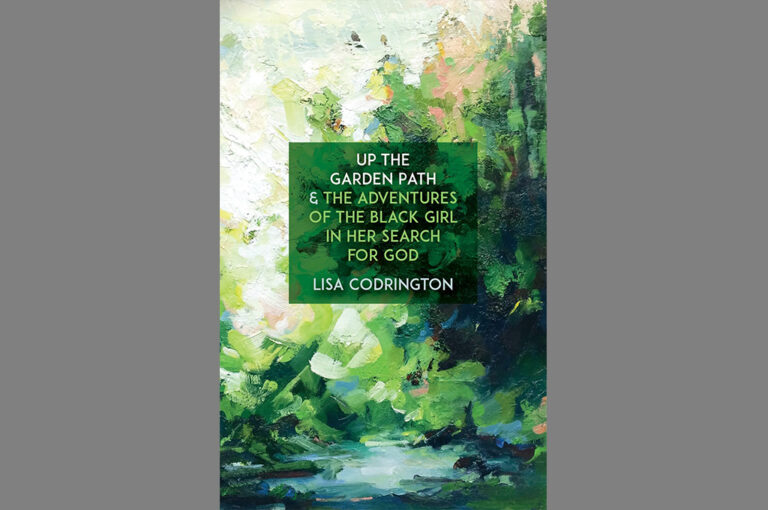
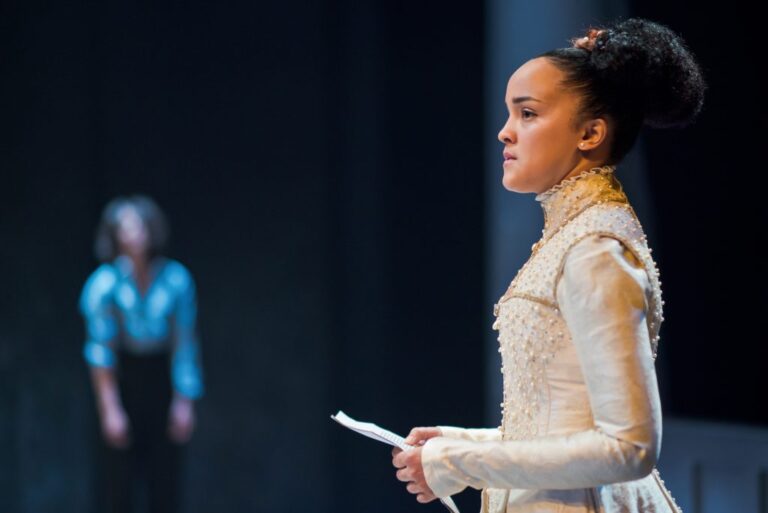
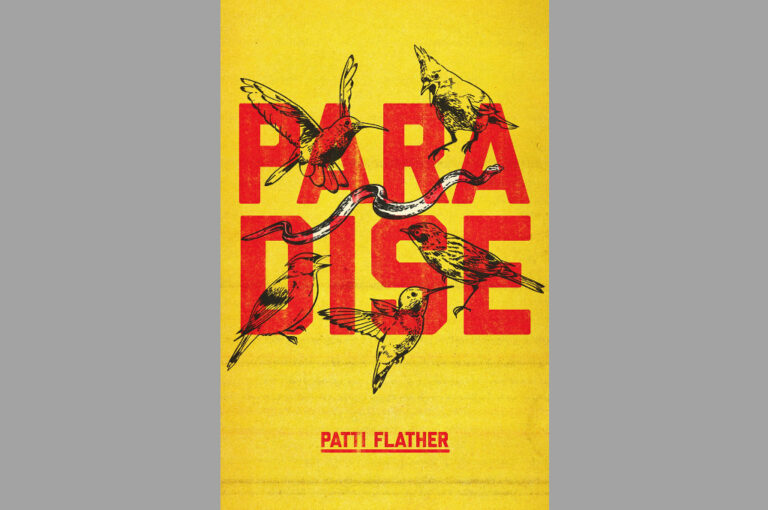

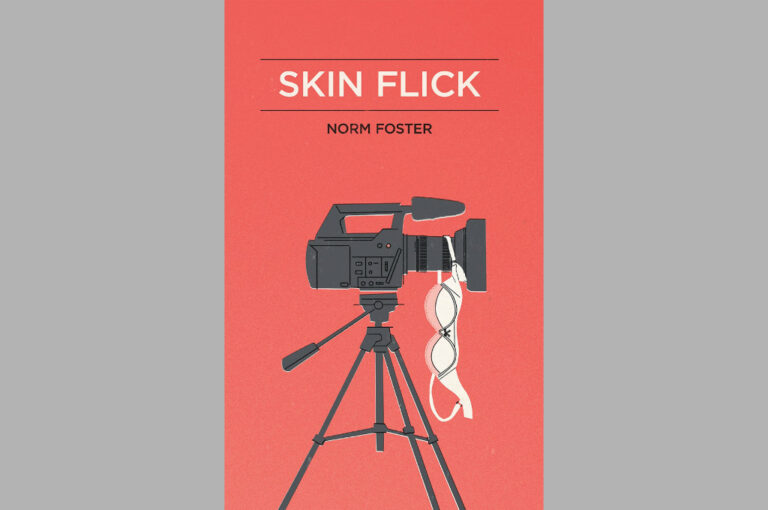
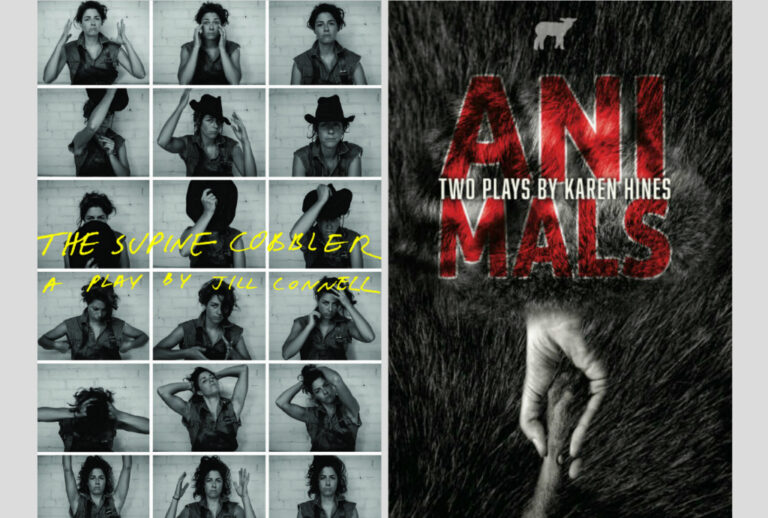





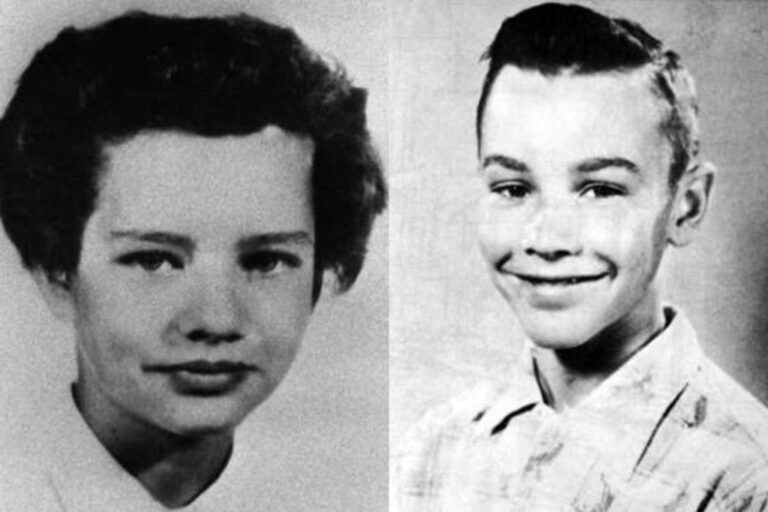
Comments